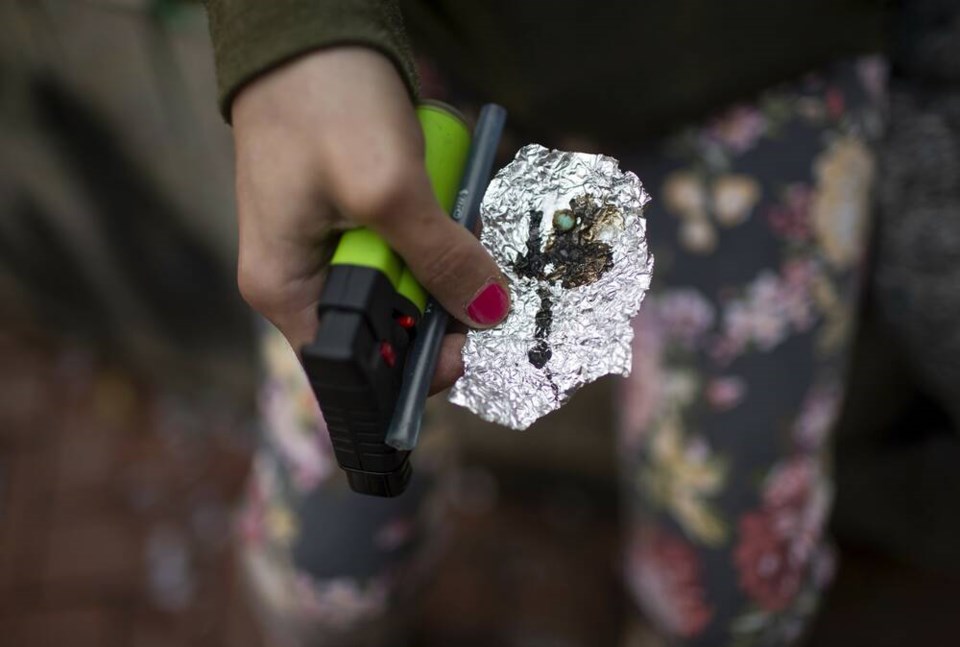Three years ago, Oregon became the first American state to decriminalize possession of illicit drugs. But this month, in the face of widespread drug consumption on city streets and a growing number of overdose deaths, the state’s legislature reversed direction.
In Oregon, possession of hard drugs is once again a criminal offence.
The decision is noteworthy because Oregon is one of the most progressive American states, with a Democrat-controlled legislature.
Now other U.S. states that had been considering decriminalization are having second thoughts.
Part of the problem in Oregon was that such a major reversal of direction demanded far more thought and preparation than was given.
Law enforcement agencies were confused as to their role. Adequate treatment services were not set up. The public weren’t brought on board.
There are signs that the same lack of foresight is the case here.
B.C. decriminalized possession of small amounts of fentanyl and other hard drugs in January 2023, intended as a three-year experiment.
It was hoped the Safer Supply program would provide addicts with an alternative to buying contaminated drugs on the street.
But significant obstacles stand in the way of making that work. To qualify, drug addicts must register with a physician, go through an assessment procedure, then establish an ongoing relationship with the doctor.
Many addicts are unwilling to come to close quarters with such a hands-on approach.
Moreover, the number of physicians prepared to act as “gatekeepers” is falling, predictable perhaps given how demanding this role is.
Still more troubling, most of the drugs dispensed in this way are opioid pills that the client can take home rather than consume on site.
Often these are subsequently sold or traded on the street for smokable versions that provide a more immediate high.
Yet this isn’t an easily corrected problem. With roughly 100,000 addicts provincewide, it would be a huge logistical challenge to have every consumption overseen.
There are other indications of a rough road ahead.
When the original legislation was introduced, only a few public locations were ruled off limits. When it became apparent that this allowed consumption in places such as parks and beaches where children are present, the province attempted to broaden the prohibited areas.
However, last December, the B.C. Supreme Court issued an injunction against this change in policy. The matter will have to be litigated again, likely all the way to the Supreme Court of Canada.
Last week, Health Minister Adrian Dix ordered hospitals to designate spaces for patients to consume hard drugs on site.
In one sense, his decision was understandable. If addicts have the right to possess and consume these drugs, why would that right end at the hospital door?
Yet while the logic behind decriminalization leads to that conclusion, we now have the prospect of patients shooting up in hospitals, and placing other patients and staff at risk.
The nurses’ union proposed an alternative solution. Patients could be prescribed less dangerous medications to manage their symptoms while in hospital.
In failing to adopt that suggestion, Dix may have been influenced by the B.C. Supreme Court’s reasoning that once illicit drug use is decriminalized, there are very real limits on where it may be prohibited.
It’s too early, of course, to reach a final conclusion. It might be that by the end of the three-year trial, the overall result will be positive.
We must certainly hope so.
Yet during the first full year of decriminalization, overdose deaths continued to climb, growing by more than five per cent to an all-time high.
If we are to avoid the Oregon debacle, those numbers have to come down, in a hurry.



